- Home›
- Healthy Living›
- 10 Major Causes Of High Creatinine Levels
10 Major Causes Of High Creatinine Levels
By: Priyanka Maheshwari Thu, 18 Jan 2024 11:52:21
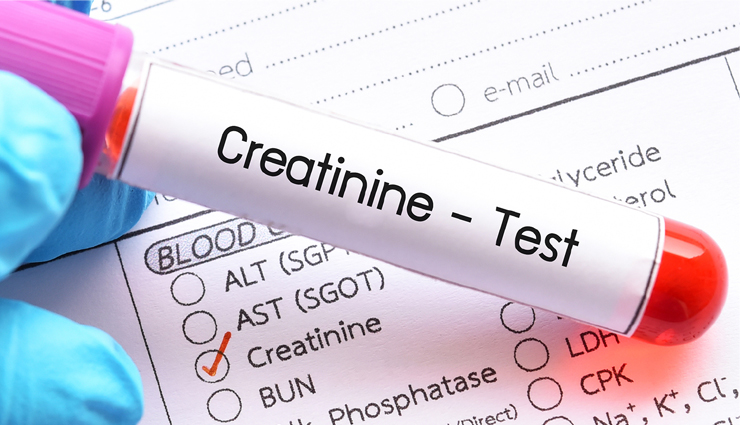
Creatinine is a waste product produced by muscles during the normal breakdown of creatine phosphate, which is used to supply energy to muscles. The kidneys play a crucial role in filtering creatinine from the blood and excreting it through urine. High levels of creatinine in the blood may indicate impaired kidney function, as the kidneys may not be effectively filtering and excreting this waste product.
Creatinine levels are often measured through a blood test, and normal values can vary depending on factors such as age, sex, and muscle mass. Elevated creatinine levels can be a sign of kidney dysfunction or other underlying health issues. Conditions that can lead to increased creatinine levels include acute or chronic kidney disease, dehydration, certain medications, muscle disorders, and urinary tract obstruction.
Monitoring creatinine levels is important in assessing kidney function and overall health. If elevated creatinine levels are detected, further diagnostic tests may be necessary to identify the underlying cause and determine an appropriate course of action. Managing the underlying condition, making lifestyle changes, and sometimes medications can be part of the treatment plan to address high creatinine levels and improve kidney function.
It's crucial to consult with a healthcare professional for proper evaluation, diagnosis, and management if you suspect or have been diagnosed with elevated creatinine levels. Early detection and intervention can help prevent further kidney damage and improve overall health outcomes.
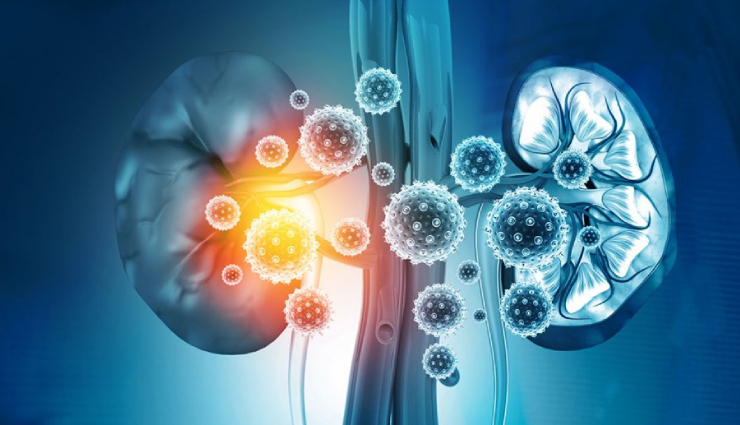
# Kidney Dysfunction or Disease
The primary role of the kidneys is to filter and excrete waste products, including creatinine, from the blood. Any impairment in kidney function, such as acute or chronic kidney disease, can lead to a buildup of creatinine in the blood.

# Dehydration
Inadequate fluid intake or conditions that cause excessive fluid loss, such as diarrhea, vomiting, or excessive sweating, can result in concentrated blood and elevated creatinine levels.
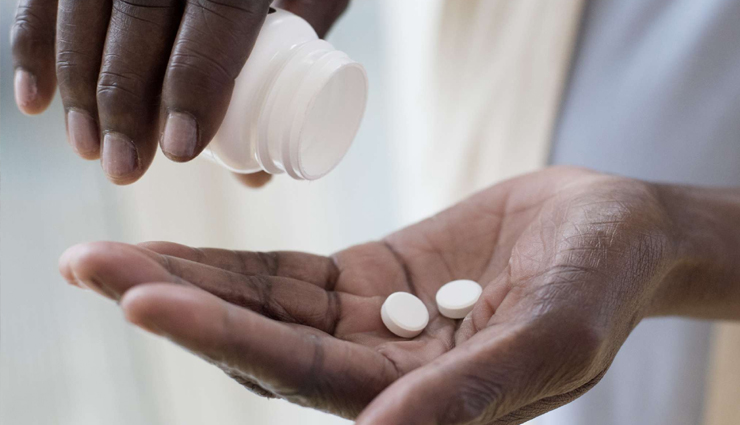
# Certain Medications
Some medications, particularly those that can affect kidney function, may contribute to increased creatinine levels. Nonsteroidal anti-inflammatory drugs (NSAIDs), certain antibiotics, and contrast agents used in imaging studies are examples.
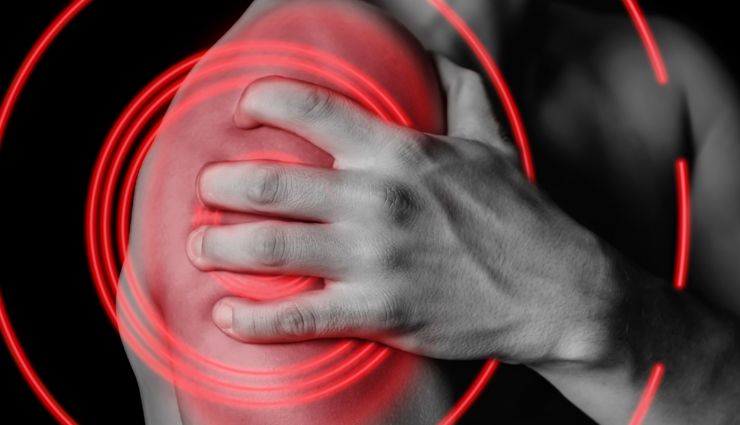
# Muscle Disorders
Conditions that cause rapid breakdown of muscle tissue, such as rhabdomyolysis, can release creatinine into the bloodstream, leading to elevated levels.

# Urinary Tract Obstruction
Blockages or obstructions in the urinary tract, such as kidney stones or tumors, can impede the normal flow of urine and cause a buildup of creatinine.

# High-Protein Diet
Consuming a diet high in protein can increase creatinine levels, as the breakdown of protein results in the production of creatinine.
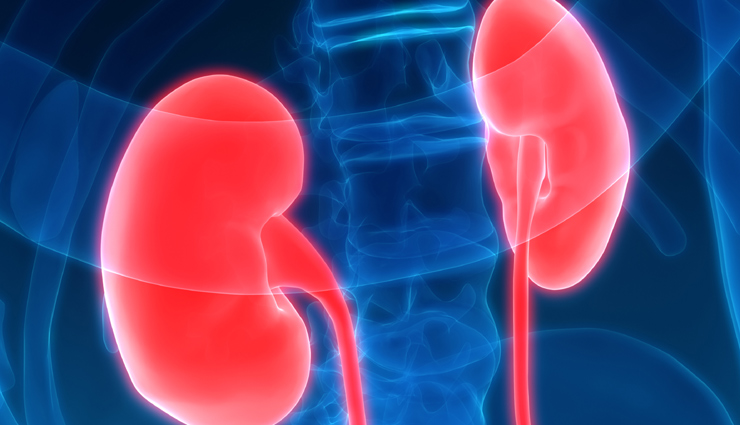
# Certain Infections
Severe infections, especially those affecting the kidneys (such as glomerulonephritis or pyelonephritis), can impact kidney function and elevate creatinine levels.
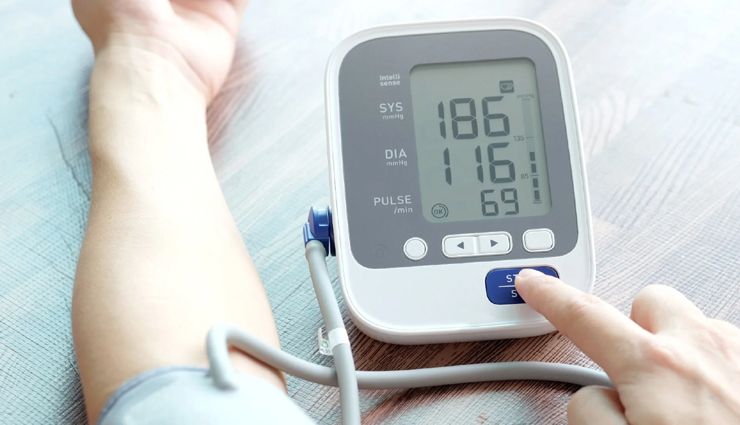
# Hypertension (High Blood Pressure)
Chronic hypertension can contribute to kidney damage over time, leading to elevated creatinine levels.

# Diabetes
Uncontrolled diabetes can damage blood vessels and nephrons in the kidneys, ultimately affecting kidney function and contributing to high creatinine levels.

# Age and Muscle Mass
Creatinine levels can naturally vary based on factors such as age and muscle mass. Higher muscle mass generally results in higher creatinine levels.





